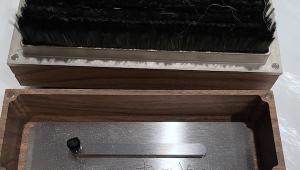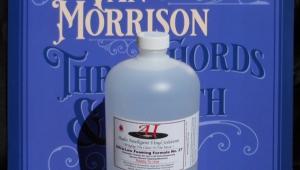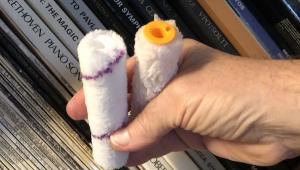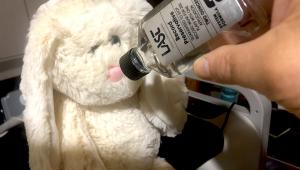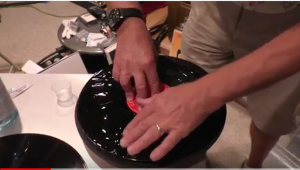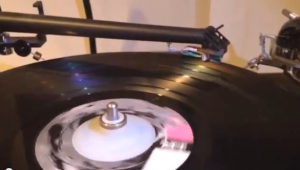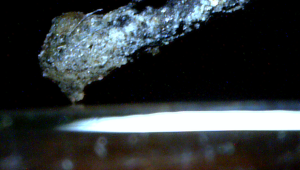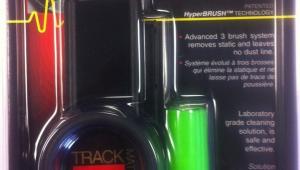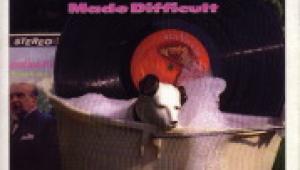Can These Records Be Saved?
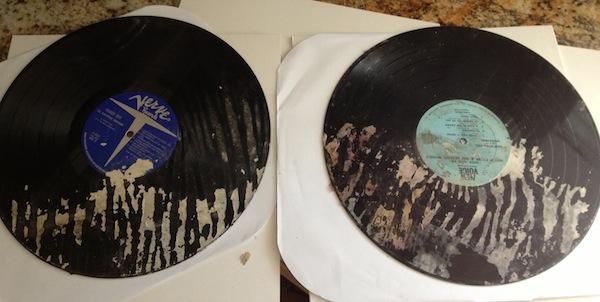
An Analogplanet.com reader "lost" much of his collection due to water damage. He asked if saving them was possible. I volunteered to find out. He sent me stack and I will soon report the results. So stay tuned. If you have any suggestions please contribute them here! I plan on using a combination of steam and enzymatic record cleaning fluids.
| Equipment Reviews | The Gruvy Awards | Blogs Analog Tips | Columns Music | Show Reports | News Resources |
 © 2025 AnalogPlanet
© 2025 AnalogPlanetAVTech Media Americas Inc.
All rights reserved
